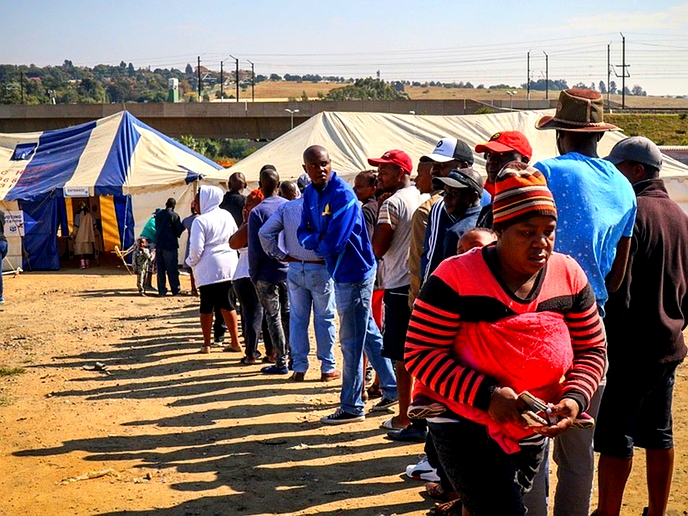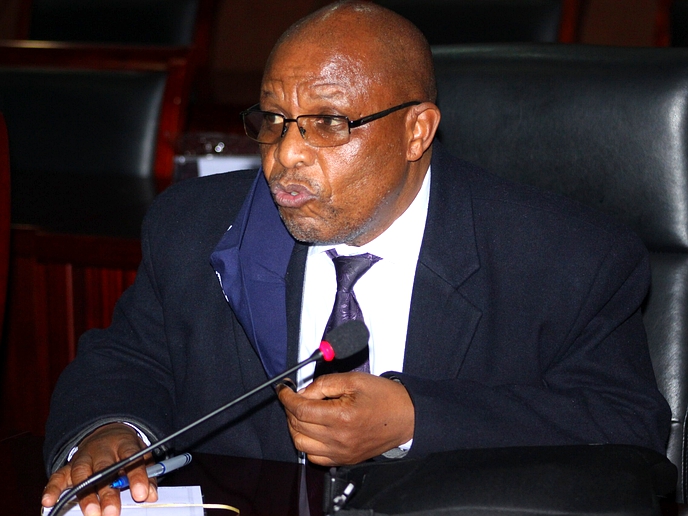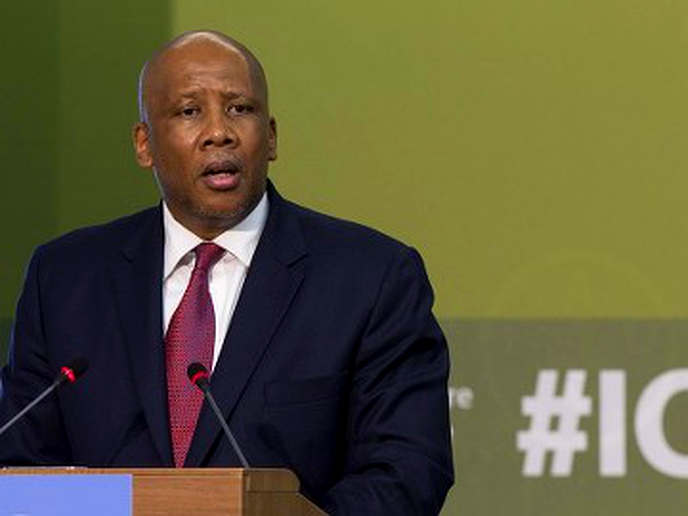MASERU – Lesotho’s King Letsie III has urged the continental peers to redouble efforts to end hunger and malnutrition at a High-Level Meeting on the Theme of the African Year of Nutrition 2022 in Abidjan, Ivory Coast on December 9.
africa
Dec. 11, 2022
COMPILED BY METRO REPORTER
7 min read
Implement Malabo Declaration, King Letsie prompts Africa
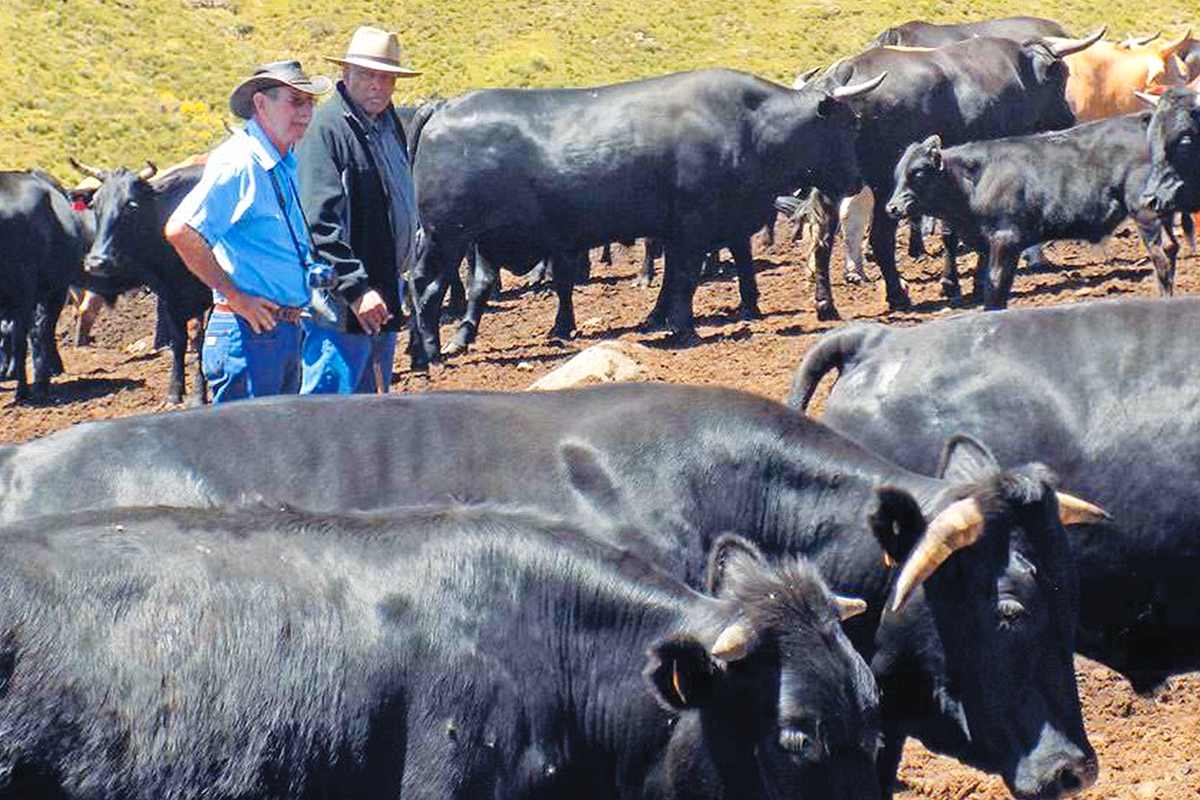
“Ending malnutrition and giving children the best start in life requires more integration and sustainable investment from different sectors of our society” King Letsie III, a farmer of note himself
Story highlights
At the meeting, three targets have been identified by international development agencies and governments as priority areas in the battle against malnutrition and in the programme to move from eating enough to eating well.
The meeting was officially opened by Vice President of Code d’Ivore Tiemoko Meyliet Kone who called for the operationalisation of the African Continental Free Trade Area (AfCFTA) to effectively and collectively confront nutrition challenges.
King Letsie has prompted Africa to prioritise implementation of the Malabo Declaration warning that hunger will perpetuate if no action is taken to domestic financing and investment in nutrition that Africa needs the resources to do so to improve nutrition.
Lesotho and other 13 UN member countries were taking part in a two-day meeting which included governments, experts and cooperating partners. It sought to hear all Governments’ commitment on improving food and nutrition through agreements.
Heads of State and Government of the African Union meeting at Malabo in Equatorial Guinea in 2014, declared their intention to “transform Africa’s Agriculture for Shared Prosperity and Improved Livelihoods through Harnessing Opportunities for Inclusive Growth and Sustainable Development.
According to the Malabo Declaration the leaders recommitted to, among others, pursue agriculture-led growth as a main strategy to achieve targets on food and nutrition security and shared prosperity and exploit regional complementarities and cooperation to boost growth.
They also committed to enhance investment finance, both public and private, to agriculture; by upholding their earlier commitment to allocate at least 10% of public expenditure to agriculture, and to ensure its efficiency and effectiveness; by creating and enhancing necessary appropriate policy and institutional conditions and support systems for facilitation of private investment in agriculture, agri-business and agro-industries, by giving priority to local investors.
The leaders committed to ending hunger in Africa by 2025, and to this end resolved: to accelerate agricultural growth by at least doubling current agricultural productivity levels, by the year 2025. In doing so, they would create and enhance the necessary appropriate policy and institutional conditions and support systems to facilitate:
• sustainable and reliable production and access to quality and affordable inputs (for crops, livestock, fisheries, amongst others) through, among other things, provision of ‘smart’ protection to smallholder agriculture;
• supply of appropriate knowledge, information, and skills to users;
• efficient and effective water management systems notably through irrigation;
• suitable, reliable and affordable mechanization and energy supplies, amongst others.
Lesotho is reported to be 'on course' to meet two targets for maternal, infant and young child nutrition (MIYCN). No progress has been made towards achieving the target of reducing anaemia among women of reproductive age, with 27.9% of women aged 15 to 49 years now affected.
Meanwhile, there has also been no progress towards achieving the low birth weight target, with 14.6% of infants having a low weight at birth. Some progress has been made towards achieving the exclusive breastfeeding target, with 59.0% of infants aged 0 to 5 months exclusively breastfed.
Similarly, Lesotho has made some progress towards achieving the target for stunting, but 34.6% of children under 5 years of age are still affected, which is higher than the average for the Africa region (30.7%). Lesotho is 'on course' for the target for wasting, with 2.1% of children under 5 years of age affected, which is lower than the average for the Africa region (6.0%). The prevalence of overweight children under 5 years of age is 6.6% and Lesotho is 'on course' to prevent the figure from increasing.

Africa’s Year of Nutrition: Time for paper tigers to start biting
Enjoy our daily newsletter from today
Access exclusive newsletters, along with previews of new media releases.
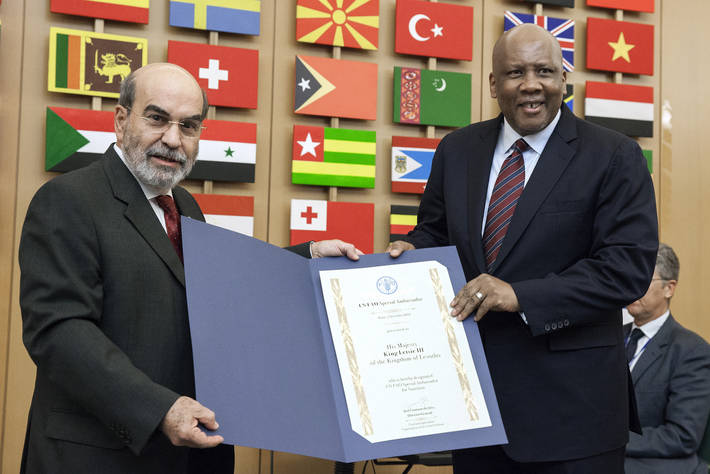
FAO Director-General José Graziano da Silva presenting the UN Special Ambassador designation to His Majesty King Letsie III of the Kingdom of Lesotho, Dec. 1, 2016.
Lesotho has shown limited progress towards achieving the diet-related non-communicable disease (NCD) targets. The country has shown no progress towards achieving the target for obesity, with an estimated 30.1% of adult (aged 18 years and over) women and 5.9% of adult men living with obesity. Lesotho's obesity prevalence is higher than the regional average of 20.7% for women but is lower than the regional average of 9.2% for men. At the same time, diabetes is estimated to affect 11.2% of adult women and 9.1% of adult men.
According to the Guardian, malnutrition looms large in Africa. Over a fifth of the continent’s 1.3 billion people faced hunger last year, more than twice the level of any other continent.
Even before the war in Ukraine jeopardised supplies to many African countries of grain and fertiliser needed to feed their people or for growing crops, Covid-19 had disturbed food processing and supply chains, affecting world economies and provoking agricultural and food inflation.
Especially in Africa, hunger and malnutrition threaten human life, accounting for between 20% and 40% of maternal deaths on the continent. Malnutrition is one of the leading killers of children under five in Africa.
According to the Farmers Review Africa, children and women are the most vulnerable and require assistance from the government and other stakeholders. Africa Development Bank Vice President Beth Dunfort said more is needed to be done for the continent to redress the challenges.
King Letsie III was in 2016 appointed as FAO’s Special Ambassador for Nutrition by the Organization’s Director-General, José Graziano da Silva; during which he pledged to take up his new role with energy and passion. He welcomed the fact that nutrition is now firmly on the global agenda. Noting that in Africa just a few years ago, “nutrition was not a priority for discussion, let alone investment,” the King said that now “the tide has turned for the better.”
He also encouraged symposium participants to keep up the momentum, adding: “Let us all remember the positive correlation between nutrition and the socio-economic development of nations. It is well fed and well-nourished individuals that can drive the economic development agendas of their countries.”
Meanwhile, according to global Agriculture leaders in Rome ahead of 2023 African Food Summit in Dakar, Senegal, from 25-27 January 2023, Achieving Zero Hunger in Africa is within reach. The president of the African Development Bank Group) Dr. Akinwumi Adesina, the International Fund for Agricultural Development (IFAD) President Alvaro Lario and the Food and Agriculture Organization (FAO) Director General Qu Dongyu said the target was achievable.
The high-level Dakar 2 summit, themed ‘Unleashing Africa’s Food Potential,’ co-convened by the African Development Bank and the International Fund for Agricultural Research, will attract African Heads of State, Ministers of Finance and Agriculture as well as several global development partners.
The goal of the Dakar 2 conference is to mobilize political support for the structural transformation of agriculture in Africa, following renewed global interest in the sector, and the fallout of Russia’s invasion of Ukraine which has led to a significant rise in the cost of food production and imports.
Adesina said, “It is inexcusable that a continent with 65% of the world’s most arable land and abundant water resources, would still suffer from food insecurity. The summit is a critical global effort to systematically and proactively help Africa achieve Zero Hunger.”
According to the Bank chief, “We have the technologies, platforms, and resources to change the status quo by energizing the private sector, scaling up food production for millions of African farmers, unlocking finance for farmers and agricultural SMEs, and transforming the agriculture and food value chains.”
While congratulating the African Development Bank on its historic and largest ever ADF16 donor replenishment, IFAD President Alvaro Lario acknowledged the Bank Group's leadership and the decades-old partnership between the institution and the Bank.
The African Development Bank Group and IFAD account for 55% of all multi-development assistance to agriculture in Africa. As co-conveners of the Africa Food Summit in 2023, the Bank Group and IFAD will work on policy frameworks and food and agriculture delivery compacts.
According to the conveners, performance-based compacts with African governments, development partners, and the private sector, that meet clear food self-sufficiency targets, will be at the core of the Dakar 2 Africa Food Summit.
FAO Director General Qu Dongyu said long-term partnerships and joint resources with the African Development Bank Group will help leverage and catalyze agricultural projects across the continent.
“We must work together on the whole agricultural value chain of food production, food processing, and food marketing in a complementary, pragmatic and results-oriented way. Ensuring food security is the end game,” he said.
Recent collaboration between FAO and the African Development Bank Group includes the identification and preparation of projects in Tanzania and Equatorial Guinea, and technical development of blue economy programmes in Cabo Verde, Côte d’Ivoire and Morocco; climate-smart agricultural training, and multi-stakeholder dialogues on the Bank’s Desert to Power and Great Green Wall initiatives.
The January 2023 Africa Food Summit will also focus on scaling access to technologies and finance for agriculture SMEs and smallholder farmers, increased productivity, and the development of seed, storage, electricity, transport logistics and infrastructure.


